What are BCAAs amino acids?
Leucine, isoleucine, and valine, the branched-chain amino acids (BCAAs), make up about one-third of muscle protein. They belong to the group of 9 essential amino acids that our body can not synthesize on its own and we need to get them through our diet. According to scientific literature, the three branched-chain amino acids boost energy, increase endurance, and aid in the recovery and repair of muscle tissue. This group also lowers elevated blood sugar levels and increases growth hormone production. Of the 3 BCAAs amino acids, leucine has been the most researched because its oxidation rate is higher than that of isoleucine or valine. Leucine also stimulates muscle protein synthesis and is closely related to the release of gluconeogenic precursors from muscle, such as alanine.
What BCAA's amino acids do?
Protein synthesis
Branched-chain amino acids are not only a substrate for protein synthesis (anabolism) but also act protectively by preventing proteolysis (catabolism). Leucine is considered the amino acid with the most important anabolic effect.
Decreased appetite and increased serotonin
Studies show that free plasma BCAAs stimulate the production of serotonin and dopamine in the blood, while some studies suggest that leucine reduces appetite and body fat.
Release of Alanine and Glutamine from the muscles
Alanine is the major gluconeogenic amino acid and glutamine is essential for the immune system, both glutathione production and the body's response to serious illness or strenuous exercise.
The profiles of the three BCAA'S
Properties and benefits of BCAA's amino acids

Leucine
Leucine (symbol Leu or L) is an essential amino acid used in protein biosynthesis. Leucine according to scientific literature stimulates protein synthesis in muscle and is closely related to the release of gluconeogenic precursors from muscle such as alanine. Leucine is also a well-known protein activator (mTOR) which regulates many aspects of metabolism. For this reason, several studies have been done on taking leucine as a dietary supplement for the treatment of obesity and diabetes.

Valine
L-valine is an essential branched chain amino acid (BCAA) that has a stimulating effect. Promotes muscle growth and tissue repair. It is a precursor to the biosynthetic pathway of penicillin. Promotes mental clarity, muscle coordination and calm emotions. It is an amino acid found in proteins important for optimal growth in infants and children and for nitrogen balance in adults.

Isoleucine
Isoleucine is one of the nine essential amino acids in humans, isoleucine has a variety of physiological functions, such as assisting wound healing, detoxifying nitrogenous waste, stimulating immune function and promoting the secretion of several hormones. Essential for the formation of hemoglobin and the regulation of blood sugar levels, isoleucine is concentrated in the muscle tissues of humans.
BCAA's Amino Acids Daily Dosage
Below is the table with the amount of BCAA’s (branched-chain) amino acids we need per day as suggested by the World Health Organization (WHO). Prices are in mg per kilogram of body weight per day. The table shows examples for people who weigh 80 kg, 75 kg, and so on and we see how much an average BCAA supplement covers us.
* In people who exercise heavily, their needs for BCAAs vary depending on their goals and needs. See below an interesting research (click here)
| Daily Intake | Total BCAAS | Leucine | Isoleucine | Valine |
|---|---|---|---|---|
| mg/body kg/day | 85 mg/kg/day | 39 mg/kg/day | 20 mg/kg/day | 26 mg/kg/day |
| 80 kg (176 pounds) person | 6800 mg/day | 3120 mg/kg/day | 1600 mg/kg/day | 2080 mg/kg/day |
| 75 kg (165 pounds) person | 6375 mg/day | 2925 mg/kg/day | 1500 mg/kg/day | 1950 mg/kg/day |
| 70 kg (154 pounds) person | 5950 mg/day | 2730 mg/kg/day | 1400 mg/kg/day | 1820 mg/kg/day |
| 65 kg (143 pounds) person | 5525 mg/day | 2535 mg/kg/day | 1300 mg/kg/day | 1690 mg/kg/day |
| 60 kg (132 pounds) person | 5100 mg/day | 2340 mg/kg/day | 1200 mg/kg/day | 1560 mg/kg/day |
| 55 kg (121 pounds) person | 4675 mg/day | 2145 mg/kg/day | 1100 mg/kg/day | 1430 mg/kg/day |
| Daily Intake | Total BCAAS |
|---|---|
| mg/body kg/day | 85 mg/kg/day |
| 80 kg (176 pounds) person | 6800 mg/day |
| 75 kg (165 pounds) person | 6375 mg/day |
| 70 kg (154 pounds) person | 5950 mg/day |
| 65 kg (143 pounds) person | 5525 mg/day |
| 60 kg (132 pounds) person | 5100 mg/day |
| 55 kg (121 pounds) person | 4675 mg/day |
| Daily Intake | Leucine |
|---|---|
| mg/body kg/day | 39 mg/kg/day |
| 80 kg (176 pounds) person | 3120 mg/day |
| 75 kg (165 pounds) person | 2925 mg/day |
| 70 kg (154 pounds) person | 2730 mg/day |
| 65 kg (143 pounds) person | 2535 mg/day |
| 60 kg (132 pounds) person | 2340 mg/day |
| 55 kg (121 pounds) person | 2145 mg/day |
| Daily Intake | Isoleucine |
|---|---|
| mg/body kg/day | 20 mg/kg/day |
| 80 kg (176 pounds) person | 1600 mg/day |
| 75 kg (165 pounds) person | 1500 mg/day |
| 70 kg (154 pounds) person | 1400 mg/day |
| 65 kg (143 pounds) person | 1300 mg/day |
| 60 kg (132 pounds) person | 1200 mg/day |
| 55 kg (121 pounds) person | 1100 mg/day |
| Daily Intake | Valine |
|---|---|
| mg/body kg/day | 26 mg/kg/day |
| 80 kg (176 pounds) person | 2080 mg/day |
| 75 kg (165 pounds) person | 1950 mg/day |
| 70 kg (154 pounds) person | 1820 mg/day |
| 65 kg (143 pounds) person | 1690 mg/day |
| 60 kg (132 pounds) person | 1560 mg/day |
| 55 kg (121 pounds) person | 1430 mg/day |
List of foods high in BCAA's Amino Acids
Every food that is high in protein is also rich in BCAA΄s amino acids. Below we analyze the BCAA composition of high-protein foods.
Plant Origin
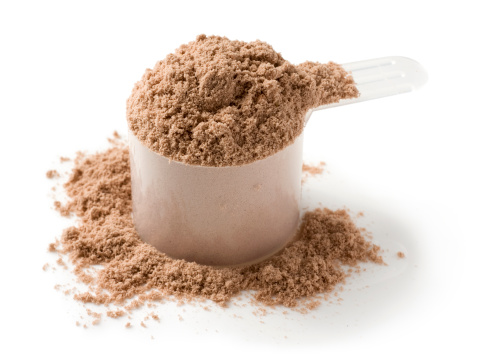
1 scoop vegan protein 25 gr (average)
100 Kcal
PROTEIN: 22 gr
BCAA's : 4.725 gr
Leucine : 2100 mg
Valine : 1500 mg
Isoleucine: 1125 mg
* Daily coverage for a 70kg (155pound) person

200 gr tofu
152 kcal
PROTEIN: 16.16 gr
BCAA's : 3.2 gr
Leucine : 1426 mg
Valine : 892 mg
Isoleucine: 870 mg
* Daily coverage for a 70kg (155pound) person

195 gr boiled lentils (65 gr raw)
230 kcal
PROTEIN: 17.9 gr
BCAA's : 2.96 gr
Leucine : 1300 mg
Valine : 887 mg
Isoleucine: 772 mg
* Daily coverage for a 70kg (155pound) person

164 gr boiled chickpeas (70 gr raw)
269 kcal
💪🏾PROTEIN: 14.5 gr
BCAA's : 2.27 gr
Leucine : 1040 mg
Valine : 610 mg
Isoleucine: 623 mg
* Daily coverage for a 70kg (155pound) person

2 cups boiled spinach (360 gr )
84 kcal
PROTEIN: 10.7 γρ
BCAA's : 1.98 gr
Leucine : 832 mg
Valine : 604 mg
Isoleucine: 548 mg
* Daily coverage for a 70kg (155pound) person

1 cup boiled peas (160gr)
134 Kcal
PROTEIN: 8.58 gr
BCAA's : 1.29 gr
Leucine : 512 mg
Valine : 471 mg
Isoleucine: 309 mg
* Daily coverage for a 70kg (155pound) person
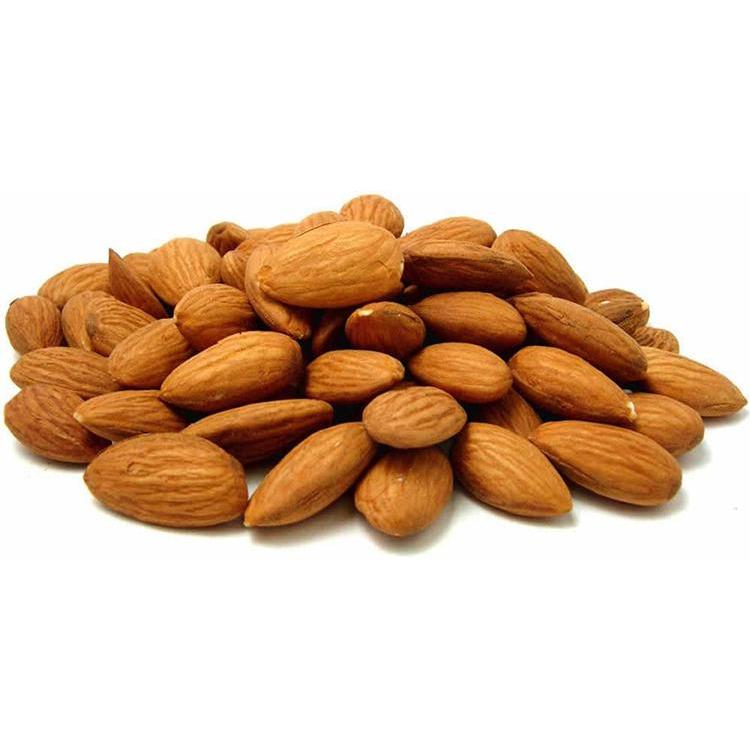
23 almonds (30 gr )
164 kcal
PROTEIN: 6 gr
BCAA's : 0.97 gr
Leucine : 417mg
Valine : 242 mg
Isoleucine: 213 mg
* Daily coverage for a 70kg (155pound) person
Animal Origin
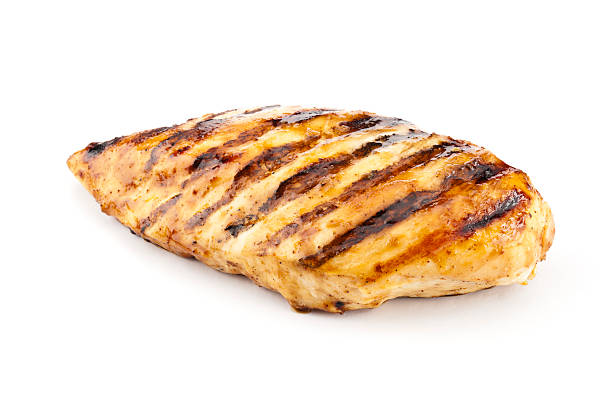
140 gr grilled chicken breast
232 kcal
PROTEIN: 43.4 gr
BCAA's : 7.72 gr
Leucine : 3260 mg
Valine : 2160 mg
Isoleucine: 2300 mg
* Daily coverage for a 70kg (155pound) person

Tuna in Water (1 can. 160 gr.)
174 kcal
PROTEIN: 39.4 gr
BCAA's : 6 gr
Leucine : 3040 mg
Valine : 1920 mg
Isoleucine: 1728 mg
* Daily coverage for a 70kg (155pound) person

200 γρ cottage cheese 4% (1 pack)
196 kcal
PROTEIN: 22.2 gr
BCAA's : 4.9 gr
Leucine : 2230 mg
Valine : 1495 mg
Isoleucine: 1180 mg
* Daily coverage for a 70kg (155pound) person

1 scoop Whey Protein 25 gr (average)
100 kcal
PROTEIN: 22 gr
BCAA's : 4.6 gr
Leucine : 2200 mg
Valine : 1200 mg
Isoleucine: 1200 mg
* Daily coverage for a 70kg (155pound) person

2 boiled eggs
145 Kcal
PROTEIN: 12.6 gr
BCAA's : 2.52 gr
Leucine : 1080 mg
Valine : 760 mg
Isoleucine: 680 mg
* Daily coverage for a 70kg (155pound) person
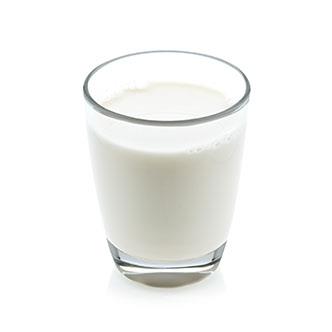
250ml milk 1% (1glass)
106 kcal
PROTEIN: 8.32gr
BCAA's : 1.78 gr
Leucine : 841 mg
Valine : 517 mg
Isoleucine: 428 mg
* Daily coverage for a 70kg (155pound) person
BCAA's & Workout FAQ's
Most people who work out and want to take a BCAA supplement for the first time reasonably have questions. When is it best to take BCAAs? Before or after training? What is the best BCAA ratio?
Below are short FAQs with answers to the most common questions about BCAAs according to the literature and recent scientific studies.
How much BCAAs should I take a day?
The recommended BCAA dosage for all people regardless of exercise level and goals is 85 mg BCAAs per kg of body weight per day. That is, someone who weighs 60 kg needs to take 85×60 = 5100mg (5.1 g) amino acids BCAA per day. View the BCAAS daily amino acid intake calculator for pounds
Should I take BCAA's amino acids before or after a workout?
Several studies indicate that it does not matter when BCAA’s amino acids are taken but their total daily intake. The high concentration of BCAA’s amino acids in our body gives “metabolic signals” to start protein synthesis (anabolic processes). Something very important according to research is that although BCAAs boost anabolic processes in our body if there is not enough concentration of all the essential amino acids (EAA’s) it is practically impossible to make adequate protein synthesis. So, if you want to see benefits from BCAA’s you will only achieve this by getting adequate amounts of all 9 essential amino acids, either through diet (high protein) or supplements.
What is the best ratio of BCAA's ?
Recent research suggests that a good proportion of BCAA’s amino acids are
VALINE -ISOLEUCINE-LEUCINE
2:1:2
Do BCAA's help in recovery or muscle growth?
They help with both. In muscle growth by activating the anabolic metabolic pathways responsible for protein synthesis. However, in order to increase muscle mass by taking BCAA’s amino acids, the person must at the same time receive a sufficient amount of protein, a sufficient amount of all the necessary amino acids EAA’s, exercise with resistance or weights, and not be in a calorie deficit. To find the maintenance calories you can use the Basic Metabolic Rate & Daily Calorie intake computer ⚡
To find out how much protein you need to gain muscle mass use the Protein Intake Calculator for people who work out with weights or resistance 💪🏾
They help in recovery and specifically in the feeling of soreness (DOMS). In a small-scale study of 20 people, those who received BCAAs had lower levels of “soreness” after eccentric weight training, 48 and 72 hours after training.
Do BCAA's Amino Acids Have Side Effects?
There are no known or proven side effects with BCAAs. The American Institute of Health recommends a safe limit of 10-20 g of BCAAs per day either through supplements or through protein consumption. Even if one consumed 20 g extra it would be within safe limits (according to the American NIH) as each body has different needs (weight, exercise, etc.). However, there are research and scientific publications according to which excessive intake of BCAAs supplements for a long time causes an imbalance of amino acids in the body, which leads to a reduced synthesis of neurotransmitters, mainly serotonin. Decreased serotonin is responsible for bad mood, increased appetite and overeating.
Some interesting facts from recent research on BCAA's amino acids
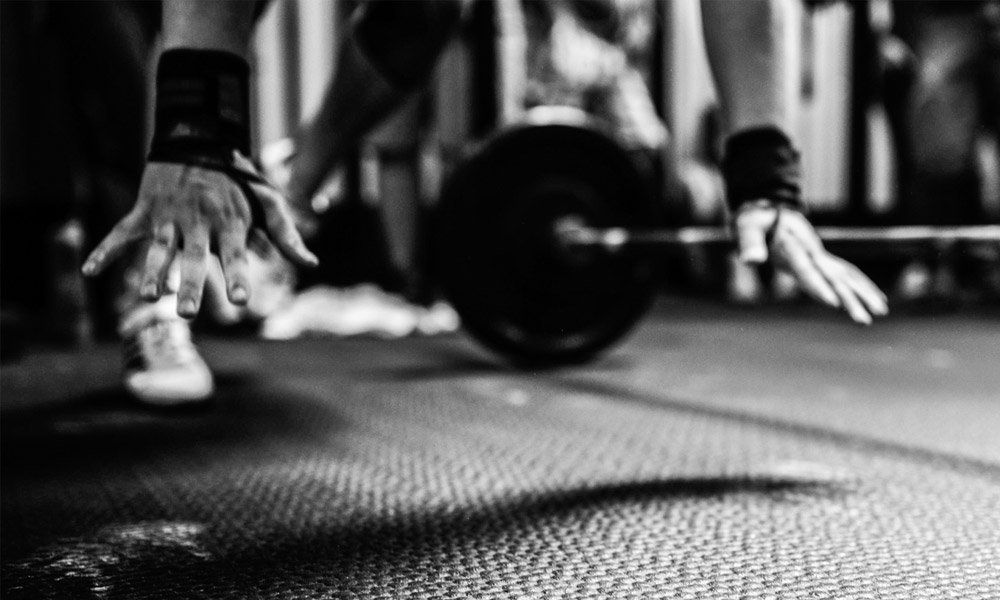
Intense Training and BCAA's
Research suggests that people who exercise vigorously (endurance, strength, resistance) need a higher intake of BCAAs with an emphasis on leucine, in order to maintain leucine levels in their body and prevent protein breakdown (catabolism). In particular, research suggests that people who exercise vigorously increase their daily leucine intake from 14 mg/kg to 45 mg/kg in order to increase protein synthesis levels throughout their body. It also notices that taking BCAAs (containing 30% leucine) before or during endurance exercise can prevent or reduce the net rate of protein breakdown, improve both mental and physical performance, and contribute to the reduction of muscle glycogen degradation and depletion of muscle glycogen stores.
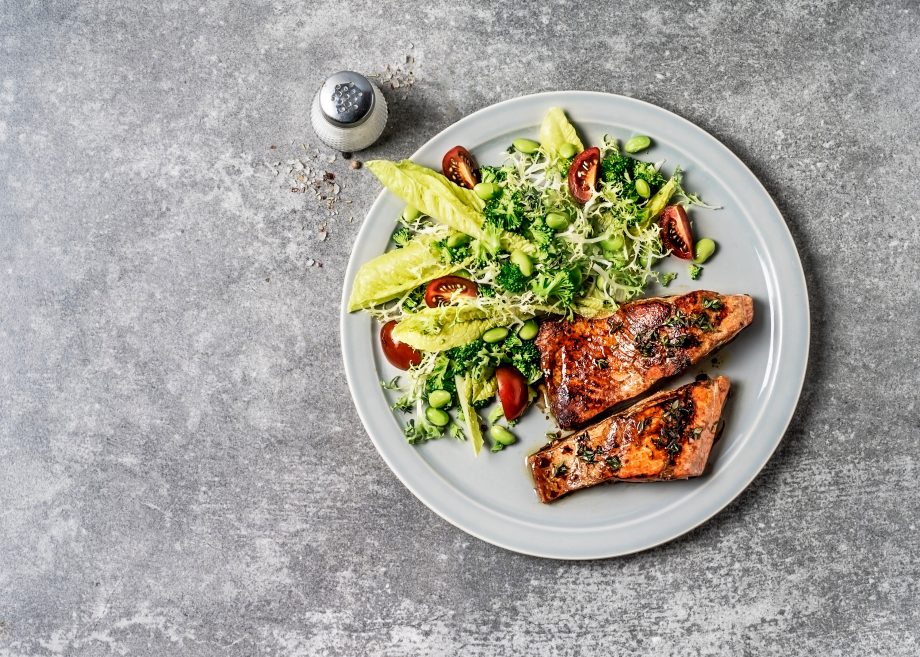
Muscle Growth under conditions
According to a recent scientific paper by Wolfe in the Journal of the International Society of Sports Nutrition (2017), there is no clear evidence that BCAA's amino acids cause muscle growth other than theoretical evidence based on the mechanisms involved. His article concludes that BCAA amino acids alone are not enough to achieve protein synthesis. The percentage of protein synthesis depends on the "pool" of available free essential amino acids (EAAs) circulating in our body. Practically, if one takes BCAA's amino acids, this will give a signal to our body for protein synthesis but to make protein synthesis, our body needs the 9 essential amino acids, free and available to "build" muscles (protein synthesis).
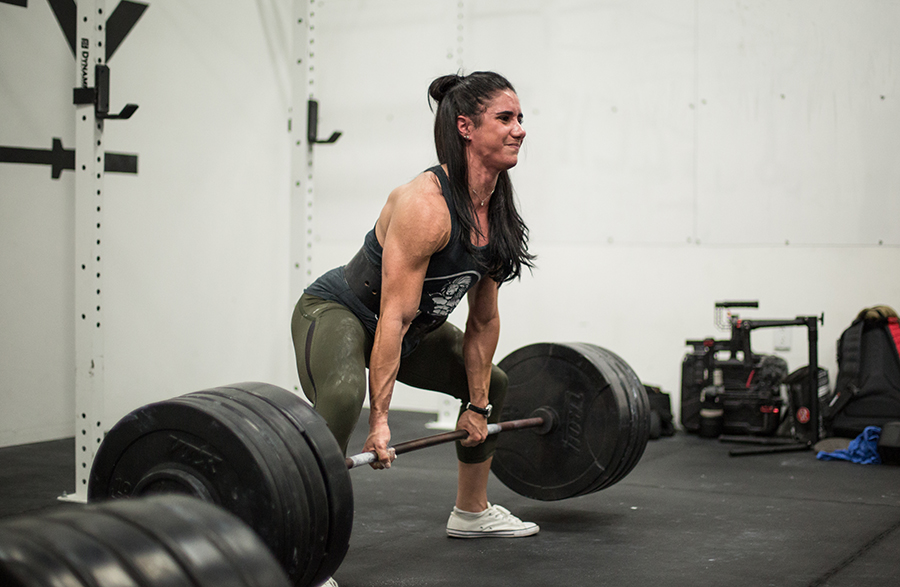
HMB and weights
HMB is a leucine metabolite that is also taken as a supplement on its own. Based on research in weightlifting & endurance athletes, HMB has the following properties:
🔹increase in strength
🔹increase in endurance
🔹protection against proteolysis (catabolism) and
🔹Increase in lean muscle mass in people who do weight or resistance training
The recommended ratio is 1.5 -3 gr/day while no side effects have been proven or reported so far.

BAIBA & Fat 🔥
BAIBA and fat dissolution
Beta-aminoisobutyric acid (BAIBA) is a metabolite of valine produced in muscles during exercise. It has beneficial effects on the whole body. Specifically:
🔹Increased energy expenditure (our body enters a metabolic state where it "burns" more calories)
🔹Increased fatty acid oxidation (fat burning) and plasma beta-hydroxybutyrate (the major ketone body formed during fat oxidation)
🔹Protects the cardiovascular, improves insulin resistance and protects the skeletal muscles from inflammation
Sources & References
- Mero A. Leucine supplementation and intensive training. Sports Med. 1999 Jun;27(6):347-58.
- Holeček, M. Branched-chain amino acids in health and disease: metabolism, alterations in blood plasma, and as supplements. Nutr Metab (Lond) 15, 33 (2018)
- Zhang S, Zeng X, Ren M, Mao X, Qiao S. Novel metabolic and physiological functions of branched chain amino acids: a review. J Anim Sci Biotechnol. 2017 Jan
- Pedroso JA, Zampieri TT, Donato J Jr. Reviewing the Effects of L-Leucine Supplementation in the Regulation of Food Intake, Energy Balance, and Glucose Homeostasis. Nutrients. 2015
- Wolfe, R.R. Branched-chain amino acids and muscle protein synthesis in humans: myth or reality?. J Int Soc Sports Nutr 14, 30 (2017).
- Nissen S, Sharp R, Ray M, Rathmacher JA, Rice D, Fuller JC Jr, Connelly AS, Abumrad N. Effect of leucine metabolite beta-hydroxy-beta-methylbutyrate on muscle metabolism during resistance-exercise training. J Appl Physiol (1985). 1996 Nov;81
- Crowe MJ, Weatherson JN, Bowden BF. Effects of dietary leucine supplementation on exercise performance. Eur J Appl Physiol. 2006 Aug;
- Kamei, Y.; Hatazawa, Y.; Uchitomi, R.; Yoshimura, R.; Miura, S. Regulation of Skeletal Muscle Function by Amino Acids. Nutrients 2020
- Holeček M. Beta-hydroxy-beta-methylbutyrate supplementation and skeletal muscle in healthy and muscle-wasting conditions. J Cachexia Sarcopenia Muscle. 2017
- beta-Hydroxy beta-methylbutyric acid From Wikipedia, the free encyclopedia
- Solon-Biet, S.M., Cogger, V.C., Pulpitel, T. et al. Branched-chain amino acids impact health and lifespan indirectly via amino acid balance and appetite control. Nat Metab 1
- National Center for Biotechnology Information (2021). PubChem Compound Summary for CID 6287, Valine. Retrieved November 8, 2021 from https://pubchem.ncbi.nlm.nih.gov/compound/Valine.
- VanDusseldorp TA, Escobar KA, Johnson KE, et al. Effect of Branched-Chain Amino Acid Supplementation on Recovery Following Acute Eccentric Exercise. Nutrients. 2018;
- FoodData Central -US Department of Agriculture
